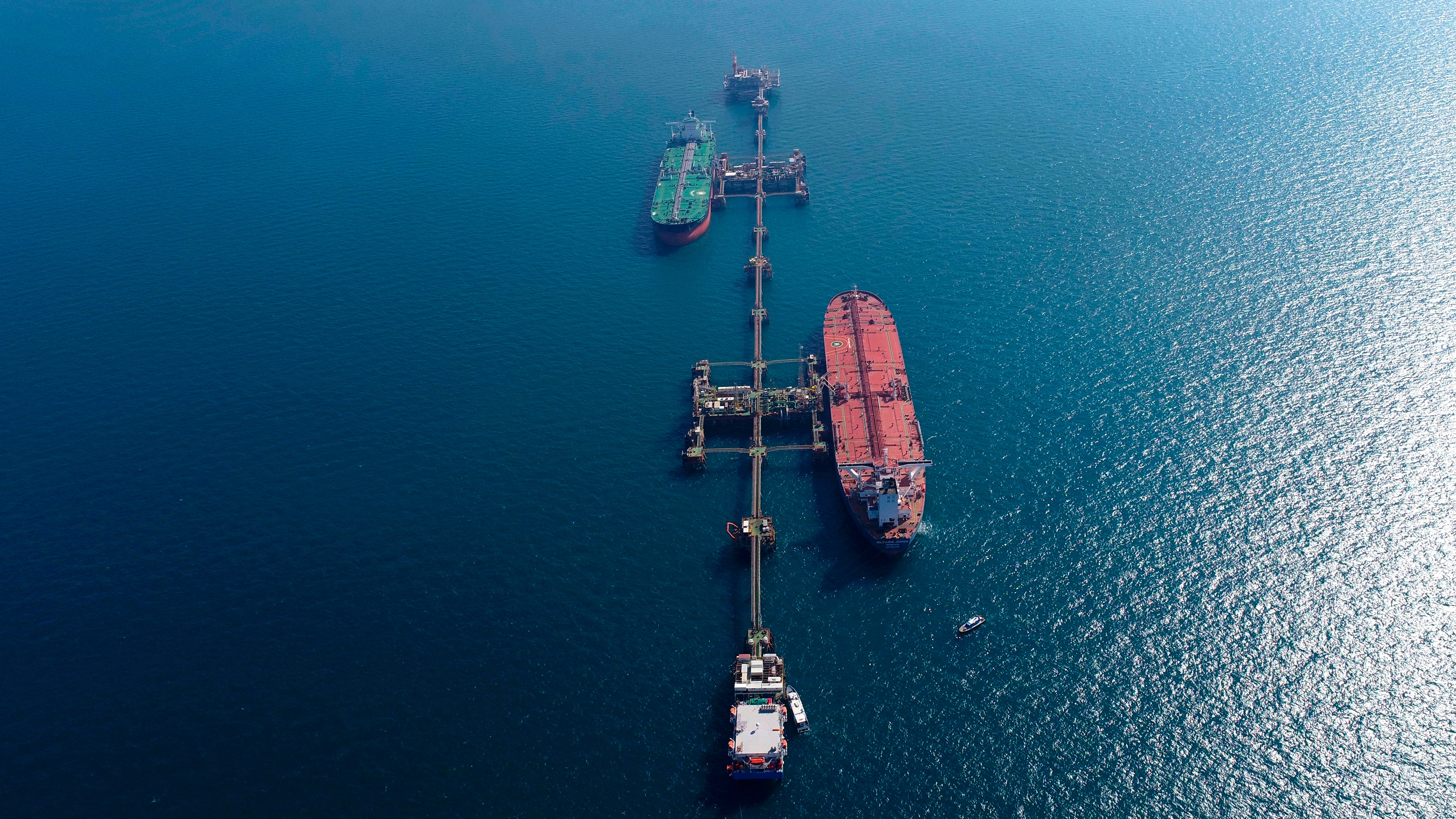Baghdad procession marks anniversary of Iran general's death
A mock funeral procession in Iraq has marked the one-year anniversary of the U.S. drone strike near Baghdad that killed top Iranian general Qassem Soleimani and top Iraqi militia leader Abu Mahdi al-Muhandis

Your support helps us to tell the story
From reproductive rights to climate change to Big Tech, The Independent is on the ground when the story is developing. Whether it's investigating the financials of Elon Musk's pro-Trump PAC or producing our latest documentary, 'The A Word', which shines a light on the American women fighting for reproductive rights, we know how important it is to parse out the facts from the messaging.
At such a critical moment in US history, we need reporters on the ground. Your donation allows us to keep sending journalists to speak to both sides of the story.
The Independent is trusted by Americans across the entire political spectrum. And unlike many other quality news outlets, we choose not to lock Americans out of our reporting and analysis with paywalls. We believe quality journalism should be available to everyone, paid for by those who can afford it.
Your support makes all the difference.A mock funeral procession in Iraq marked the one-year anniversary of the U.S. drone strike near Baghdad that killed top Iranian general Qassem Soleimani and top Iraqi militia leader Abu Mahdi al-Muhandis.
Thousands of mourners joined the march on the highway leading to the Baghdad airport Saturday evening where the strike that killed the two men took place. It was blocked with cars.
Posters of the dead men adorned both sides of the road, which was lined with tents that served food and drinks for those who walked the highway. The scene of the bombing was turned into a shrine-like area sealed off by red ropes, with a photo of Soleimani and al-Muhandis in the middle, as mourners lit candles.
Shrapnel marks were still visible on the asphalt and walls in the area.
Soleimani headed Iran’s Revolutionary Guard’s elite Quds Force, responsible for the Islamic Republic’s foreign operations and frequently shuttled between Iraq, Lebanon and Syria. His assassination dramatically ratcheted up tensions in the region and brought the U.S. and Iran to the brink of war.
The procession came as Iraq's military said that explosives experts with its naval forces successfully dismantled a mine that was discovered stuck to an oil tanker in the Persian Gulf two days earlier.
The statement Saturday said Iraqi authorities have opened an investigation into the incident. No group has claimed responsibility for placing the mine.
The announcement came a day after Iraq confirmed reports by private security firms that a mine had been discovered attached to the side of a tanker rented from Iraq's Oil Marketing Company, known as SOMO, as it was refueling another vessel. It said that Iraqi teams were working to dismantle the mine.
Iraq has not provided further details, but the two private security firms said the discovery was likely a limpet mine on the MT Pola, a Liberian-flagged tanker.
A limpet mine is a type of naval mine that attaches to the side of a ship, usually by a diver-member of special forces. It later explodes, and can significantly damage a vessel.
The discovery came amid heightened tensions between Iran and the U.S. in the final days of President Donald Trump’s administration.
Already, America has conducted B-52 bomber flyovers and sent a nuclear submarine into the Persian Gulf over what Trump officials describe as the possibility of an Iranian attack on the anniversary of the strike near Baghdad that killed Soleimani and al-Muhandis.